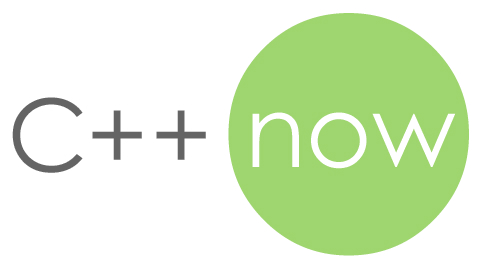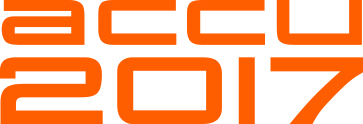CppChat[22] C++Now 2017 [2017-05-19]
CppChat:

CppChat[22]: C++Now 2017
with Alex Zaitsev, Anastasia Kazakova, Jason Turner, Jens Weller, Jonathan Müller, Kjell Hedstrom, Malte Skarupke, Matt Calabrese, Morris Hafner, Odin Holms, Peter Bindels, Robin Kuzmin, Vittorio Romeo, and Jon Kalb.
From the chat:
This episode was recorded at C++Now. Conference attendees talk about their C++Now experiences and favorite sessions. Guests include some of the speakers, volunteers, sponsors, and staff.

 Trip report!
Trip report! Have you registered for CppCon 2017 in September?
Have you registered for CppCon 2017 in September? 
 Have you registered for CppCon 2017 in September?
Have you registered for CppCon 2017 in September?